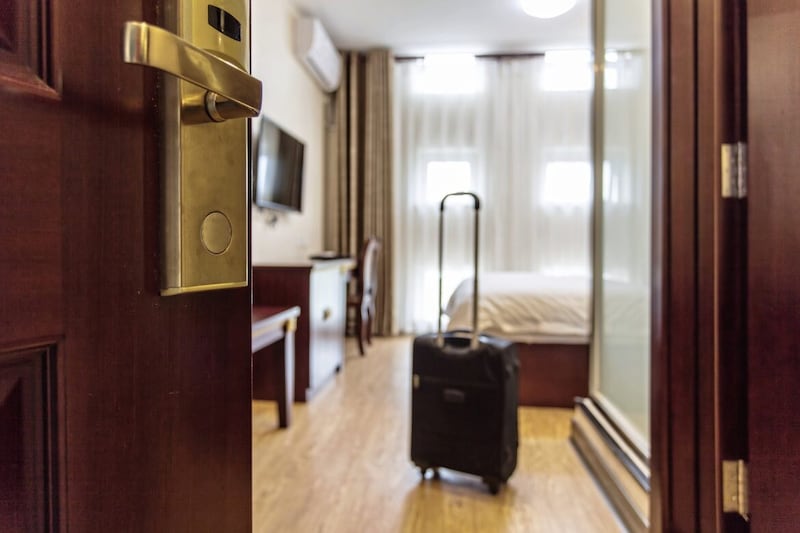A QUESTION often posed and one of the great human quandaries: "Is there life after death?"
For the hotel and wider hospitality sector, which endured three lockdowns over the last 18 months, there have been times when business owners wondered, if indeed, there would be a return to life before death?
Thankfully, there has been life. I don't think anyone could have predicted the success of the summer staycation market, nor the levels of business achieved.
Several factors contributed to the busy summer - pent up demand after the longest lockdown on record; uncertainty over international travel which meant there was a captive market on the island of Ireland and a reopening that included not only hotels but bars, restaurants and visitor attractions.
Visitors responded positively to this offering, delighted to find that not only was there somewhere to stay but there were things to do and places to see. Occupancy was strong throughout Northern Ireland growing steadily from the May 24 re-opening. Belfast fared well with an average occupancy of 76.7 per cent over the summer months.
Smaller cities also performed well, a trend evidenced by a good occupancy story in Cork, Galway and Kilkenny.
Overall, Northern Ireland achieved an occupancy figure of 77.5 per cent which was considerably higher than predictions and not a million miles away from pre-pandemic trading levels.
They do say that 'the devil is in the detail' and when you look at year-to-date figures you see the true impact of interrupted trading. Hotels currently have a record 9,627 bedrooms in the market each night and occupancy is sitting at 43 per cent, some 30 per cent behind the comparable annual period in 2019.
After a busy summer business has started to ebb and without any significant international travel, no conferences of note and limited business travel, occupancy will decrease. Economic stimuli like the Spend Local Scheme and Holiday at Home Vouchers will hopefully give the sector a much-needed boost over the winter months.
As the sector regroups, it is considering how to address the biggest challenge it faces - a lack of people. Whether it's a furlough hangover or a lifestyle choice with a bit of Brexit on the side, the situation has never been more precarious. Businesses are being forced to curtail their services in line with staffing levels.
People have been a perennial problem for the industry and now is the time to address the issue in a collective manner and look at long-term solutions. Businesses recognise the benefit of collaboration, with an industry wide code of conduct, joined up thinking on training and a promotional campaign to highlight careers already in place.
The people crisis is a key topic at our annual conference, Hospitality Exchange, which takes place on October 12 & 13 at Crowne Plaza Belfast. In fact, it's one of three key themes. "Reflect" will look at the important role of the sector pre-pandemic; "Recruit" will consider the need to attract and retain people and "Restore" will explore the measures required to bring the sector back to its £1bn pre-pandemic levels of spend.
After the last 18 months, the one word that resonates is "Resilience" which has been evident in spades and has ensured the survival of the hotel sector.
:: Janice Gault is chief executive of the Northern Ireland Hotels Federation (NIHF)








